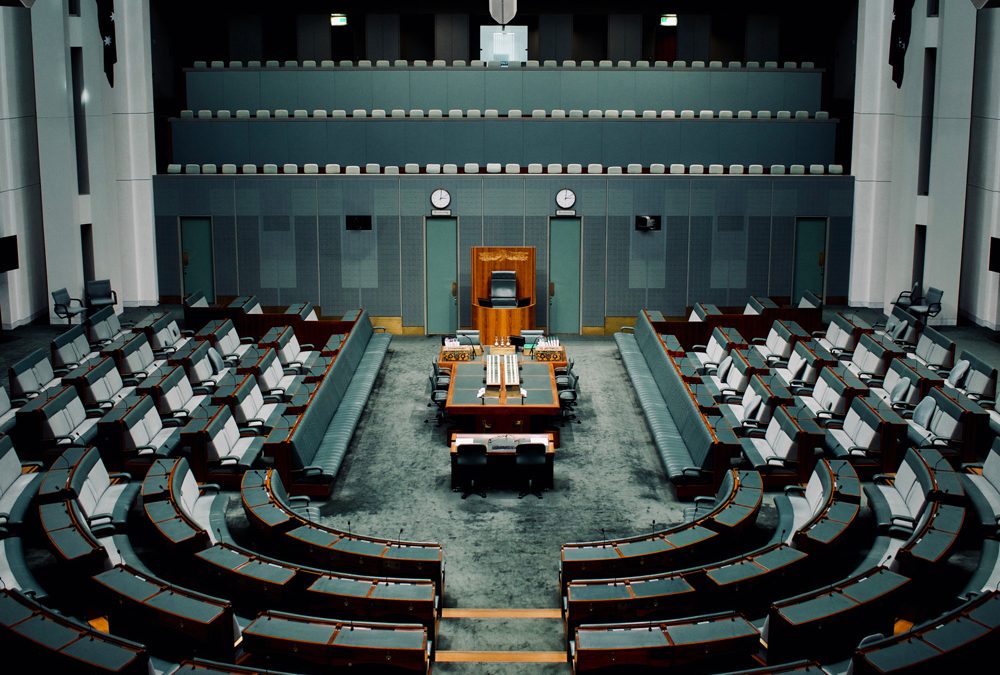In a supplementary submission to the Joint Standing Committee on Foreign Affairs, Defence, and Trade regarding the rights of women and children, Anti-Slavery Australia focuses on the topic of repatriation protocols. The submission highlights the need for comprehensive repatriation policies and protocols to address protection gaps in cases of Australians trafficked out of Australia, particularly for forced marriages. We recommend establishing a multi-stakeholder working group and an Australian government grant program to provide financial assistance for victims of trafficking and forced marriage seeking to return to Australia.
In response to various hearings regarding the inquiry into the rights of women and children Anti-Slavery Australia provided responses and recommendations to questions regarding orphanage trafficking, modern slavery in family law, and forced marriage protection orders.
- Orphanage Trafficking: Senator Reynolds expressed concern about orphanage trafficking, where vulnerable children are placed in institutions for exploitation. Anti-Slavery Australia emphasised the need for Australia to be aware of its contributions to orphanage trafficking and suggested implementing safeguards to combat this issue. We also discussed the importance of recognising orphanage trafficking as a form of modern slavery in Australian legislation.
- Modern Slavery in Family Law: Mr. Neuman raised questions about the inclusion of modern slavery and trafficking in Australia’s Family Law Act. Anti-Slavery Australia recommended including modern slavery as a form of family violence in the Family Law Act, broadening the definition of family violence, and referencing international obligations in domestic law.
- Forced Marriage Protection Orders: Anti-Slavery Australia recommended the creation of Forced Marriage Prevention Orders (FMPOs) in Australia, similar to those in the UK, to protect individuals from forced marriages.
- Hague Convention and Child Abduction: Anti-Slavery Australia highlighted challenges in cases of international parental child abduction and recommended improvements in the effectiveness of the Hague Convention in resolving such cases.
- Legislation on Modern Slavery: Anti-Slavery Australia discussed the lack of consistency in state and territory laws related to modern slavery, suggesting the need for uniform federal and state legislative changes and comprehensive training for judicial officers, family lawyers, and other frontline services.
- Scope for Further Inquiries: Senator Reynolds inquired about areas that might require further examination. Anti-Slavery Australia expressed willingness to contribute to future inquiries, including topics such as establishing a national compensation scheme for survivors of modern slavery, addressing children’s rights in the context of modern slavery, and examining the intersection between modern slavery and vulnerable groups.
